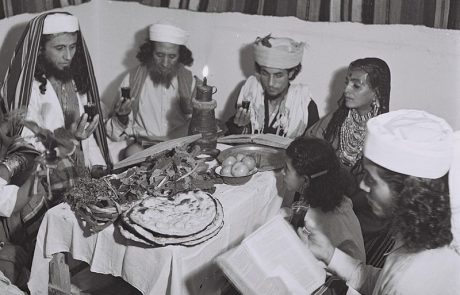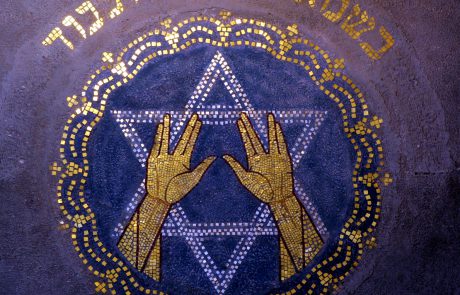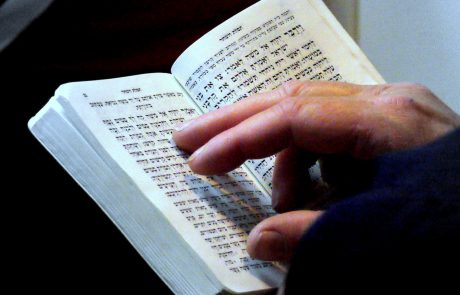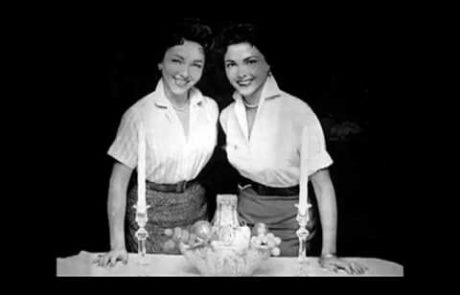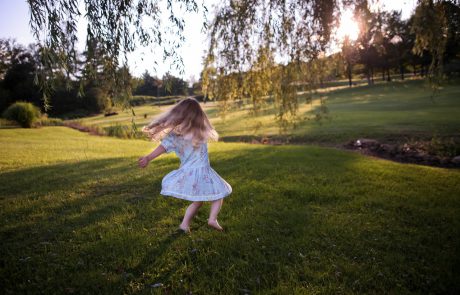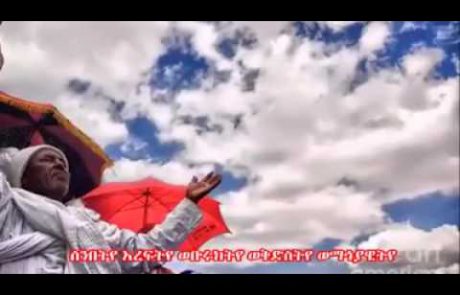Archive for 2017
Yemenite Custom for Eishet Chayil
This website presents an audio recording of the late Yemenite poet and singer Binyamin Nachum singing Eishet Chayil with the unique chanting style used in Yemenite custom. This recording is part of the
The Priestly Blessing
This informative article by the late Rabbi Louis Jacobs explains the origins, meaning, and practice of the Priestly Blessing in the synagogue service, which also is part of the blessing over the children
Blessing Oneself on Erev Shabbat
Based on the traditional blessing over the children, this alternative blessing by Rabbi Kami Knapp encourages people to bless themselves to emulate a positive trait of a chosen role model on Friday night. Although
Traditional Text for the Blessing Over the Children
This post provides the traditional Hebrew, transliterated and English text for the blessings over sons and daughters traditionally recited on Friday night. This resource is perfect for someone who simply wants to know what
The Barry Sisters: A Yiddish Swing Eishet Chayil
This video presents an upbeat, jazzy Yiddish version of Eishet Chayil performed by the Barry Sisters, popular American Klezmer and jazz entertainers from the 1940s-1970s. Originally known as the Bagelman Sisters, the Barry Sisters
Be Who You Are: An Alternative Blessing Over the Children
This excerpt from Marcia Falk‘s “The Book of Blessings” offers a contemporary, open-ended text for blessing one’s children on Friday night in a way that empowers them with a sense of possibility, is free
Let Us Bring Forth Food: Humanistic Ha-Motzi
This blessing for breaking bread, inspired by HaMotzi, meaning “the one who brings forth,” was composed by Machar: The Washington Congregation for Secular Humanistic Judaism. Typical of this movement, founded in 1963 by the
Alicia Jo Rabins: An Indie-Folk Retranslation of Eishet Chayil
In this video, Alicia Jo Rabins performs “Rubies,” a modern adaptation of Eishet Chayil, which she describes as a love song to the mother of the family that also makes a wonderful lullaby. Rabins
Ethiopian Shalom Aleichem
This video features Shalom Aleichem sung in both Hebrew and Ge’ez (an ancient Ethiopian language) to a melody that reflects Ethiopian musical influences. With images of the Ethiopian Jewish community in the background, this
Traditional Ashkenazi Shalom Aleichem with Lyrics
In this instructional video, Alicia Jo Rabins sings Shalom Aleichem slowly and clearly, using one of the most popular tunes, composed by Cantor Israel Goldfarb in 1918. Including a brief introduction to Shalom Aleichem and

